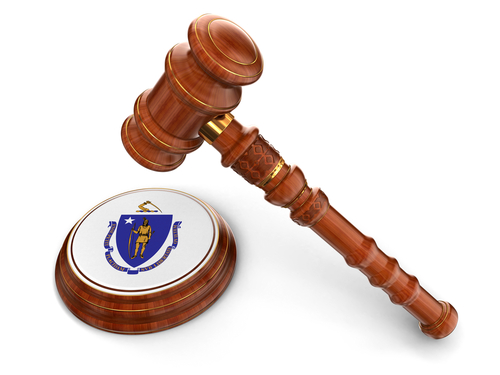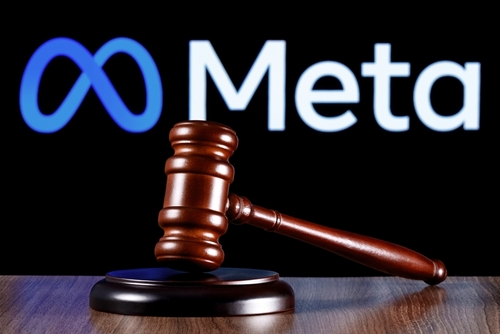Public middle school can ban 'There are only two genders' T-shirt, 1st Circuit rules

A federal appeals court ruled Sunday that a middle school in Middleborough, Massachusetts, can prevent a student from wearing a “There are only two genders” T-shirt. (Image from Shutterstock)
A federal appeals court ruled Sunday that a middle school in Middleborough, Massachusetts, can prevent a student from wearing a “There are only two genders” T-shirt.
The 1st U.S. Circuit Court of Appeals at Boston ruled that the school can ban the “two genders” T-shirt, along with an altered version of the T-shirt with the words “two genders” covered up by tape with the word “censored” written on it.
It’s reasonable to predict, the appeals court said, that the T-shirt will “poison the educational atmosphere” and disrupt the learning environment because of a negative impact on transgender and gender-nonconforming students.
As a result, the 1st Circuit said, the school district’s decision is in accord with Tinker v. Des Moines Independent Community School District, a 1969 U.S. Supreme Court decision that upheld the right of public school students to wear black armbands to protest the Vietnam War when it did not create a substantial disruption to education.
Bloomberg Law (via How Appealing), Reuters, Education Week and the Boston Herald have coverage of the June 9 decision.
The school district had relied on a dress code provision that bars hate speech or imagery that targets groups based on race, ethnicity, gender, sexual orientation, gender identity, religious affiliation or other classifications.
Several students at the John T. Nichols Middle School in Middleborough, Massachusetts, identified as transgender or gender nonconforming. Several students at the school had tried to kill themselves or had suicidal ideations, including members of the LGBTQ+ community.
When “L.M.” first wore the shirt to the school, he was told to remove it. When he refused, the school called L.M.’s father to come pick him up. The school later told L.M.’s father that the shirt was banned because it had been understood to target students based on gender identity.
When L.M. wore the “censored” version of the T-shirt, he was asked to remove it and complied.
A lawsuit filed on behalf of L.M. alleged a First Amendment violation.
Federal decisions interpreting Tinker appear to be based on the shared understanding that schools may bar passive messages that don’t target any specific student if:
• The expression is reasonably interpreted to demean one of the characteristics of another student
• The demeaning message is reasonably predicted to “poison the educational atmosphere”
The 1st Circuit said it found the line of authority persuasive.
“The question here is not whether the T-shirts should have been barred,” the 1st Circuit said. “The question is who should decide whether to bar them—educators or federal judges. Based on Tinker, the cases applying it and the specific record here, we cannot say that in this instance, the Constitution assigns the sensitive (and potentially consequential) judgment about what would make ‘an environment conducive to learning’ at NMS to us, rather than to the educators closest to the scene.”
Chief Judge David Barron, an appointee of former President Barack Obama, wrote the opinion for a unanimous 1st Circuit panel.
The June 9 decision is L.M. v. Town of Middleborough, Massachusetts.
One of the groups representing L.M. was Alliance Defending Freedom. David Cortman, Alliance Defending Freedom’s senior counsel, said in a statement the group was considering its legal options, including appeal.



